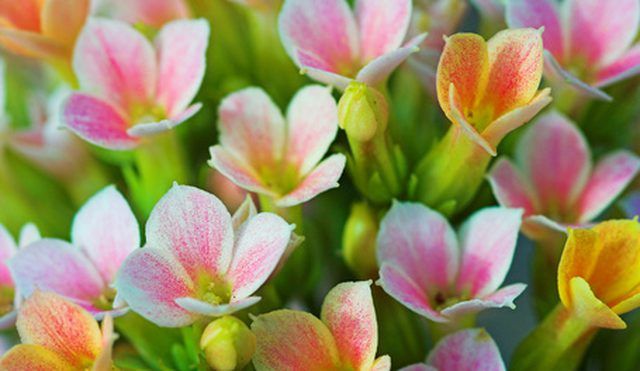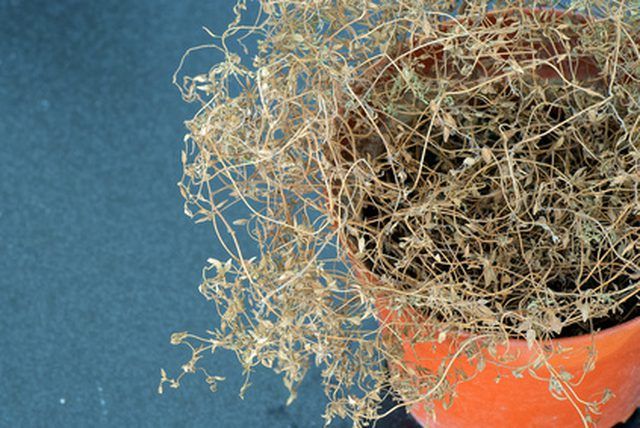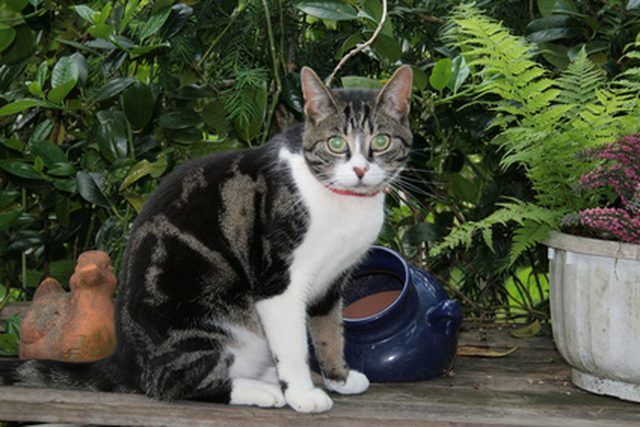Bulbs
Flower Basics
Flower Beds & Specialty Gardens
Flower Garden
Garden Furniture
Garden Gnomes
Garden Seeds
Garden Sheds
Garden Statues
Garden Tools & Supplies
Gardening Basics
Green & Organic
Groundcovers & Vines
Growing Annuals
Growing Basil
Growing Beans
Growing Berries
Growing Blueberries
Growing Cactus
Growing Corn
Growing Cotton
Growing Edibles
Growing Flowers
Growing Garlic
Growing Grapes
Growing Grass
Growing Herbs
Growing Jasmine
Growing Mint
Growing Mushrooms
Orchids
Growing Peanuts
Growing Perennials
Growing Plants
Growing Rosemary
Growing Roses
Growing Strawberries
Growing Sunflowers
Growing Thyme
Growing Tomatoes
Growing Tulips
Growing Vegetables
Herb Basics
Herb Garden
Indoor Growing
Landscaping Basics
Landscaping Patios
Landscaping Plants
Landscaping Shrubs
Landscaping Trees
Landscaping Walks & Pathways
Lawn Basics
Lawn Maintenance
Lawn Mowers
Lawn Ornaments
Lawn Planting
Lawn Tools
Outdoor Growing
Overall Landscape Planning
Pests, Weeds & Problems
Plant Basics
Rock Garden
Rose Garden
Shrubs
Soil
Specialty Gardens
Trees
Vegetable Garden
Yard Maintenance
How Music Affects Plants and Animals
How Music Affects Plants and Animals. Music can be used to incite and inhibit plant growth, depending on the type of music that is played. Melodies have also been shown to soothe animals that are frightened or cause animals to kill. Therefore, choosing music that benefits your plants and animals might help you grow better plants and have calmer...
Music can be used to incite and inhibit plant growth, depending on the type of music that is played. Melodies have also been shown to soothe animals that are frightened or cause animals to kill. Therefore, choosing music that benefits your plants and animals might help you grow better plants and have calmer pets.

In Dorothy Retallack’s book "The Sound of Music and Plants," Retallack lists the effects that classical and rock music had on plants. In her experiments, the plants that were exposed to classical and Indian sitar music leaned toward the speakers and began to grow and flourish.
In the 1950s, Eugene Canby of Canada began experimenting on the effects of violin music on wheat crops, discovering that wheat crops exposed to violin sonatas increased their yield by 66 percent.

Retallack’s experiment also determined how plants reacted to hard rock music, especially music containing a lot of heavy drum beats. Plants exposed to Jimi Hendrix and Led Zeppelin grew gangly, leaning 30 to 70 degrees away from the speakers, and their leaves became weak and their blossoms drooped.
Retallack’s experiments on tones showed that plants exposed to the same tone continuously, died, while plants exposed three hours a day flourished, even more so than plants not subjected to any tone.This experiment proved that too much music, no matter the type, can harm plants more than no music at all.

One study, done by physicist Harvey Bird and neurobiologist Gervasia Schreckenberg, exposed groups of mice to the sound of traditional voodoo drumming, Strauss waltzes and silence. Upon exposing the mice to these sounds, the scientists tested their ability to navigate a maze. Mice that listened to Strauss navigated the maze more quickly than mice that were exposed to silence.
A study done by the University of Belfast’s psychology department in 1997 produced results indicating that dogs exposed to classical music were more relaxed and rested for longer periods than dogs exposed to no music or heavy metal music.

The same study by Bird and Schreckenberg showed that mice exposed to voodoo drumming performed increasingly worse over time as the exposure to the voodoo music continued. Eventually they became disoriented and were unable to finish the maze.
In Merrell’s experiment, the hard rock-exposed mice took 30 minutes to complete the maze and began exhibiting cannibalistic behavior toward one another.

There are many ways to put these findings to work on your own plants and pets. If you have a dog or cat that seems nervous when left home alone, trying turning your radio to the classical station when you are away.
You may have plants that are not doing well in your home or garden. Try playing classical music to your plants a few hours a day. You will know the music is working if your plants begin to flourish and their stems reach toward the radio, as if reaching toward the sun.
